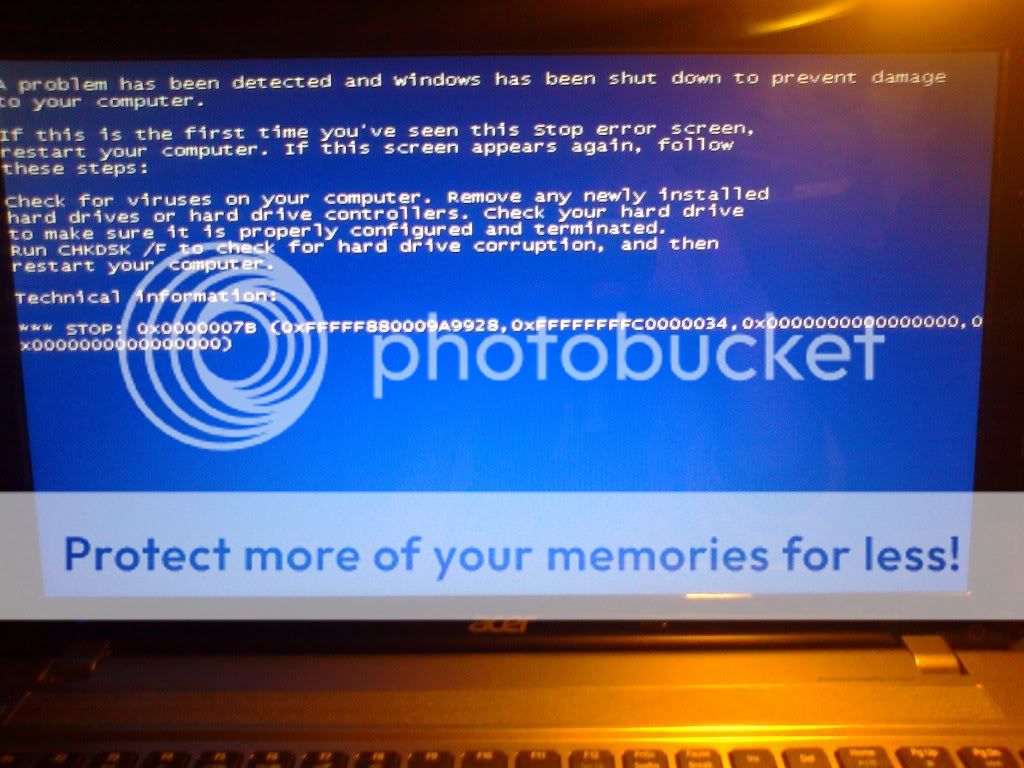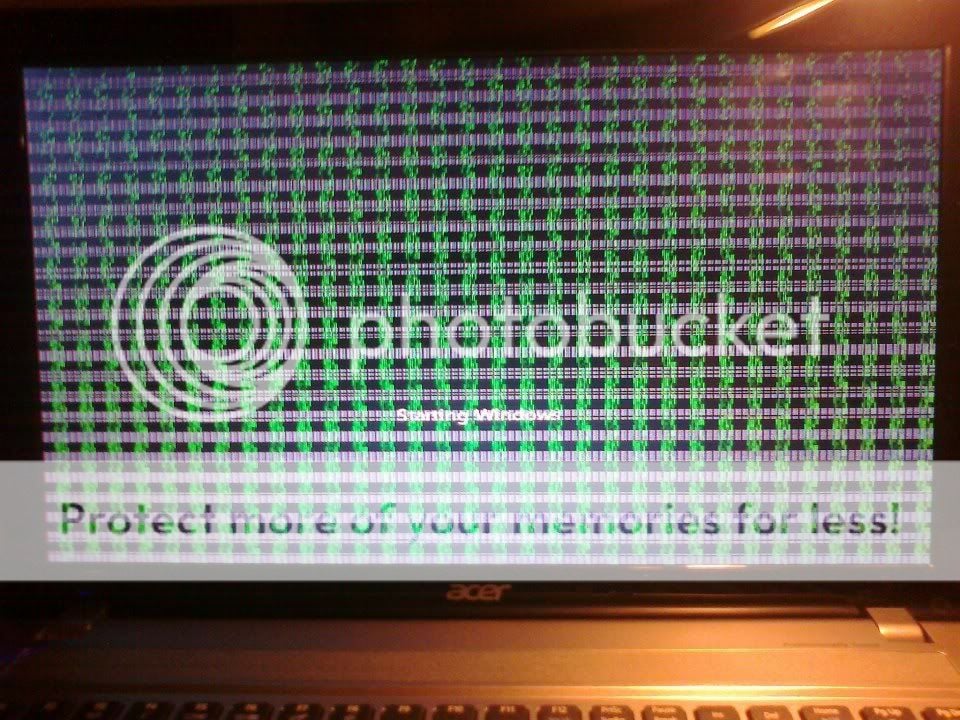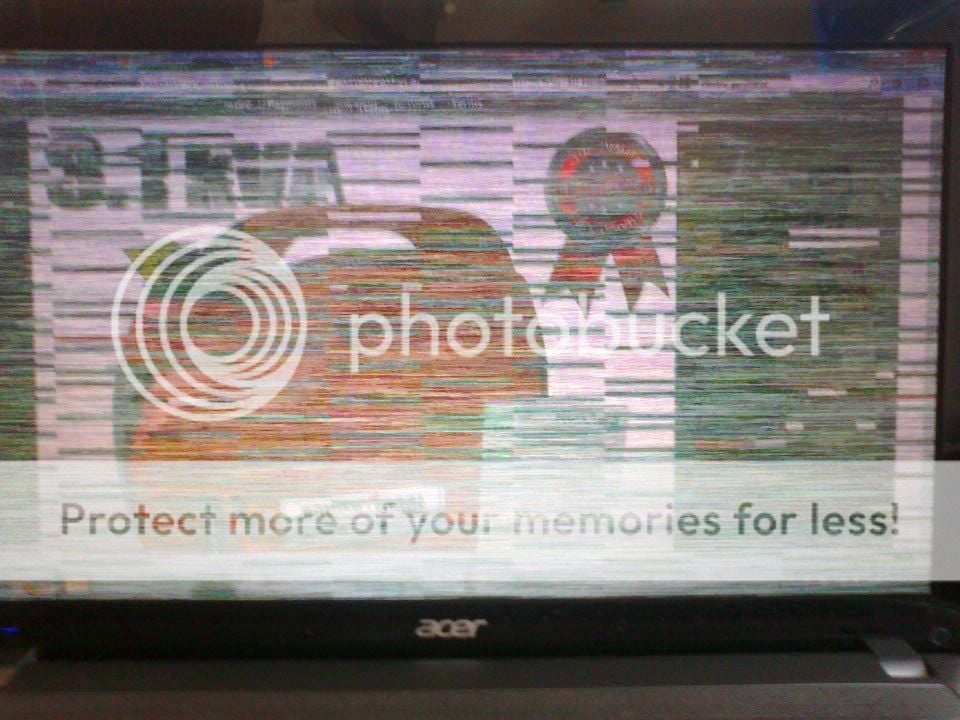Kelvin K Kong
New Member
- Joined
- Aug 6, 2012
- Messages
- 18
- Thread Author
- #1
Thanks for your interest.
Ok, firstly,

..from that picture, it might have resulted from me have going on naughty naughty sites , ignoring McAfee site advisor, or me accidently clicking on an app in an un-legit version of Counter Strike Source, called 'Bot中英文語音轉換器'. I don't understand the Chinese. Came up with 'In English speech converter' in Google Translator. When I clicked on it, command prompt appeared and I think it automatically did something. The word 'Bot' seems suss. Can a virus be activate via the command prompt?
, ignoring McAfee site advisor, or me accidently clicking on an app in an un-legit version of Counter Strike Source, called 'Bot中英文語音轉換器'. I don't understand the Chinese. Came up with 'In English speech converter' in Google Translator. When I clicked on it, command prompt appeared and I think it automatically did something. The word 'Bot' seems suss. Can a virus be activate via the command prompt?
From that, could it lead to the hardware? I've been experiencing random shutdowns. Also this happened in the past days.
Before these bluescreens appeared, McAfee Internet Security Suite was alerting that my computer is a risk. But now, for the past few days, multiple scans and they're all clean.
Regarding power supply, could there been NOT enough power supply with my laptop's hardware? Which might possibly be one of the causes to my BSoD?;
Link Removed
My laptop ([FONT=inherit !important][FONT=inherit ! important]Acer [/FONT][/FONT][FONT=inherit !important][FONT=inherit ! important]Aspire[/FONT][/FONT] V3-571G running Intel Core i5-2450M ~3.1GHz, 8GB ram, 2GB nVidia GT640M graphics, [FONT=inherit !important][FONT=inherit ! important]Windows [/FONT][/FONT][FONT=inherit !important][FONT=inherit ! important]OS[/FONT][/FONT], 64-bit OS) is just a few weeks, old, with 1 year warranty. Bringing it to the store which I bought it from for some testing.
Also have been getting these kinda screens a few times:


Would restoring the OS help at all?
I have been researching about the computer shutting down problem, such as this:
Computer turns off without warning
Any help would be appreciated.
Thanks.
Ok, firstly,

..from that picture, it might have resulted from me have going on naughty naughty sites
 , ignoring McAfee site advisor, or me accidently clicking on an app in an un-legit version of Counter Strike Source, called 'Bot中英文語音轉換器'. I don't understand the Chinese. Came up with 'In English speech converter' in Google Translator. When I clicked on it, command prompt appeared and I think it automatically did something. The word 'Bot' seems suss. Can a virus be activate via the command prompt?
, ignoring McAfee site advisor, or me accidently clicking on an app in an un-legit version of Counter Strike Source, called 'Bot中英文語音轉換器'. I don't understand the Chinese. Came up with 'In English speech converter' in Google Translator. When I clicked on it, command prompt appeared and I think it automatically did something. The word 'Bot' seems suss. Can a virus be activate via the command prompt? From that, could it lead to the hardware? I've been experiencing random shutdowns. Also this happened in the past days.
Before these bluescreens appeared, McAfee Internet Security Suite was alerting that my computer is a risk. But now, for the past few days, multiple scans and they're all clean.
Regarding power supply, could there been NOT enough power supply with my laptop's hardware? Which might possibly be one of the causes to my BSoD?;
Link Removed
My laptop ([FONT=inherit !important][FONT=inherit ! important]Acer [/FONT][/FONT][FONT=inherit !important][FONT=inherit ! important]Aspire[/FONT][/FONT] V3-571G running Intel Core i5-2450M ~3.1GHz, 8GB ram, 2GB nVidia GT640M graphics, [FONT=inherit !important][FONT=inherit ! important]Windows [/FONT][/FONT][FONT=inherit !important][FONT=inherit ! important]OS[/FONT][/FONT], 64-bit OS) is just a few weeks, old, with 1 year warranty. Bringing it to the store which I bought it from for some testing.
Also have been getting these kinda screens a few times:


Would restoring the OS help at all?
I have been researching about the computer shutting down problem, such as this:
Computer turns off without warning
Any help would be appreciated.
Thanks.
Attachments
Last edited:


